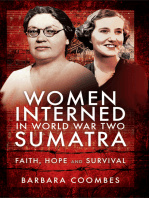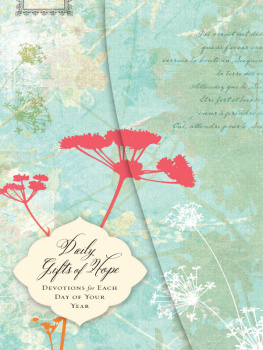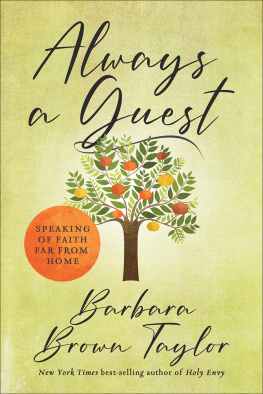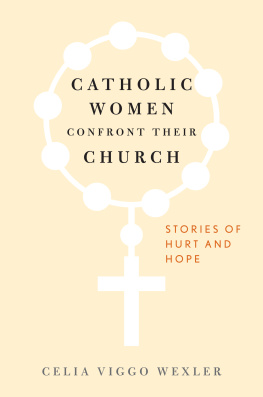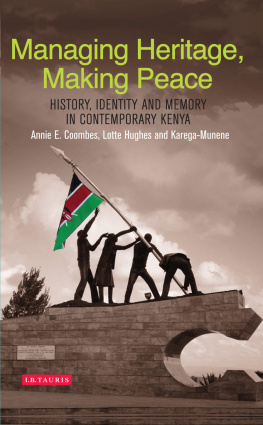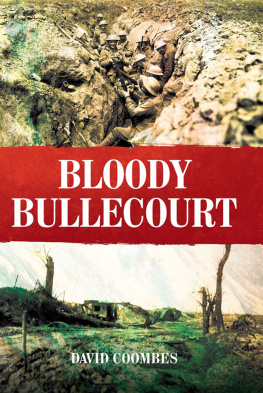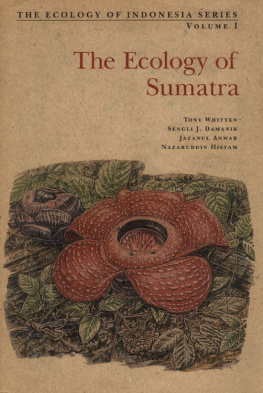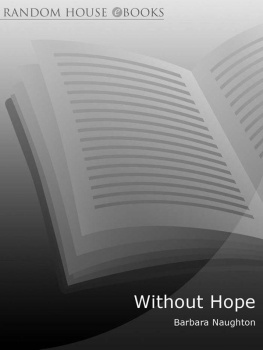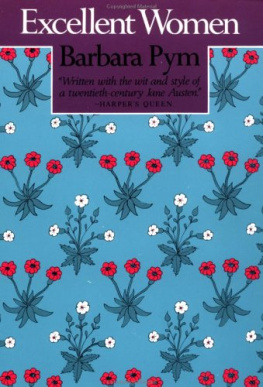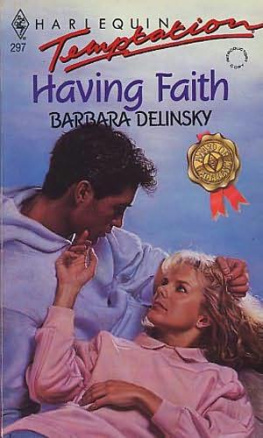Barbara Coombes - Women Interned in World War Two Sumatra: Faith, Hope and Survival
Here you can read online Barbara Coombes - Women Interned in World War Two Sumatra: Faith, Hope and Survival full text of the book (entire story) in english for free. Download pdf and epub, get meaning, cover and reviews about this ebook. genre: Non-fiction. Description of the work, (preface) as well as reviews are available. Best literature library LitArk.com created for fans of good reading and offers a wide selection of genres:
Romance novel
Science fiction
Adventure
Detective
Science
History
Home and family
Prose
Art
Politics
Computer
Non-fiction
Religion
Business
Children
Humor
Choose a favorite category and find really read worthwhile books. Enjoy immersion in the world of imagination, feel the emotions of the characters or learn something new for yourself, make an fascinating discovery.
- Book:Women Interned in World War Two Sumatra: Faith, Hope and Survival
- Author:
- Genre:
- Rating:5 / 5
- Favourites:Add to favourites
- Your mark:
- 100
- 1
- 2
- 3
- 4
- 5
Women Interned in World War Two Sumatra: Faith, Hope and Survival: summary, description and annotation
We offer to read an annotation, description, summary or preface (depends on what the author of the book "Women Interned in World War Two Sumatra: Faith, Hope and Survival" wrote himself). If you haven't found the necessary information about the book — write in the comments, we will try to find it.
Barbara Coombes: author's other books
Who wrote Women Interned in World War Two Sumatra: Faith, Hope and Survival? Find out the surname, the name of the author of the book and a list of all author's works by series.
Women Interned in World War Two Sumatra: Faith, Hope and Survival — read online for free the complete book (whole text) full work
Below is the text of the book, divided by pages. System saving the place of the last page read, allows you to conveniently read the book "Women Interned in World War Two Sumatra: Faith, Hope and Survival" online for free, without having to search again every time where you left off. Put a bookmark, and you can go to the page where you finished reading at any time.
Font size:
Interval:
Bookmark:
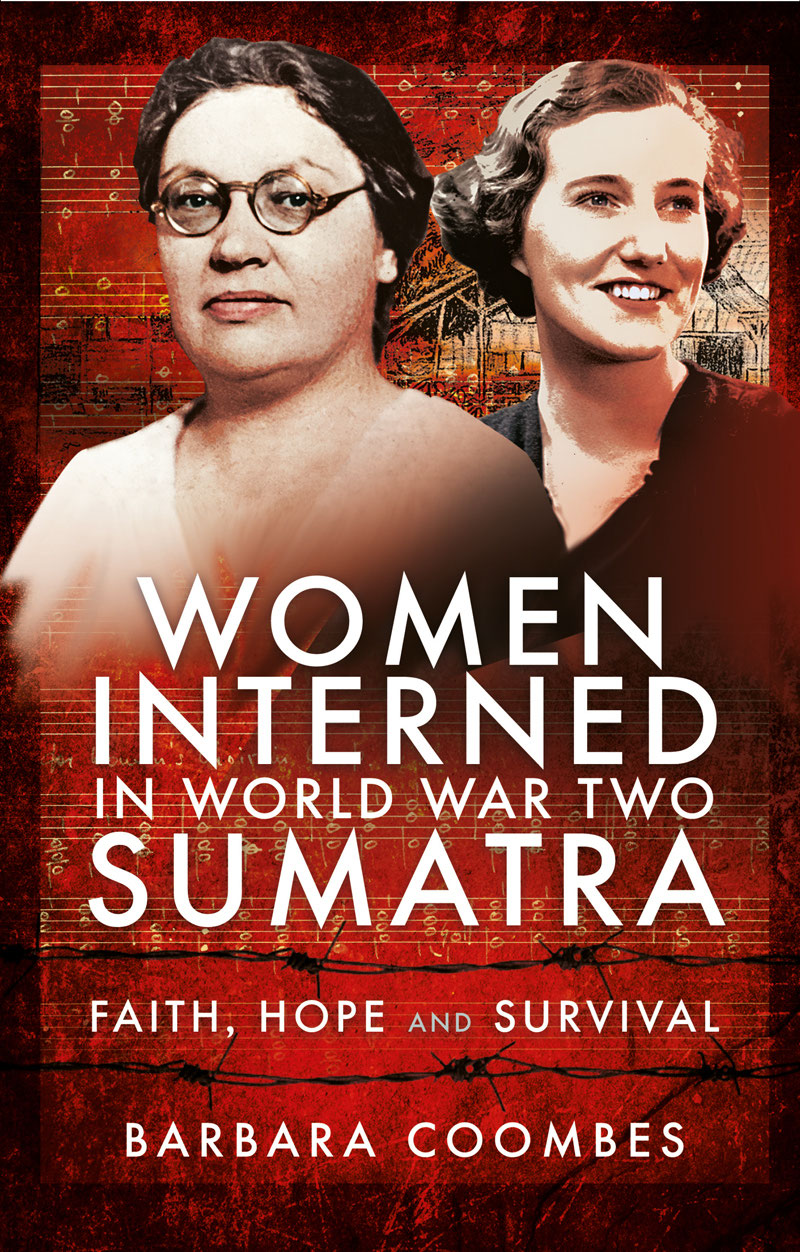
WOMEN
INTERNED
IN WORLD WAR TWO
FAITH, HOPE AND SURVIVAL
Dedicated to the Family of Garage Nine
Future peace in the world rests with the children of today who will become the leaders of tomorrow
To my young grandchildren: Isabella, Harrison, Austin and Josie, may you always remember the tenacity and spirit of these women in the face of adversity and become future peacemakers in the world.
WOMEN
INTERNED
IN WORLD WAR TWO
FAITH, HOPE AND SURVIVAL
Barbara Coombes

First published in Great Britain in 2022 by
PEN AND SWORD HISTORY
An imprint of
Pen & Sword Books Ltd
Yorkshire Philadelphia
Copyright Barbara Coombes, 2022
ISBN 978 1 52678 775 0
ePUB ISBN 978 1 52678 776 7
Mobi ISBN 978 1 52678 776 7
The right of Barbara Coombes to be identified as Author of this work has been asserted by her in accordance with the Copyright, Designs and Patents Act 1988.
A CIP catalogue record for this book is available from the British Library.
All rights reserved. No part of this book may be reproduced or transmitted in any form or by any means, electronic or mechanical including photocopying, recording or by any information storage and retrieval system, without permission from the Publisher in writing.
Pen & Sword Books Limited incorporates the imprints of Atlas, Archaeology, Aviation, Discovery, Family History, Fiction, History, Maritime, Military, Military Classics, Politics, Select, Transport, True Crime, Air World, Frontline Publishing, Leo Cooper, Remember When, Seaforth Publishing, The Praetorian Press, Wharncliffe Local History, Wharncliffe Transport, Wharncliffe True Crime and White Owl.
For a complete list of Pen & Sword titles please contact
PEN & SWORD BOOKS LIMITED
47 Church Street, Barnsley, South Yorkshire, S70 2AS, England
E-mail: enquiries@pen-and-sword.co.uk
Website: www.pen-and-sword.co.uk
Or
PEN AND SWORD BOOKS
1950 Lawrence Rd, Havertown, PA 19083, USA
E-mail: Uspen-and-sword@casematepublishers.com
Website: www.penandswordbooks.com
Father in captivity
We would lift our prayers to Thee,
Keep us ever in Thy Love.
Grant that daily we may prove
Those who place their trust in Thee
More than conquerors may be
Give us patience to endure,
Keep our hearts serene and pure,
Grant us courage, charity,
Greater faith, humility,
Readiness to own Thy Will,
Be we free or captive still.
For our country we would pray,
In this hour be Thou her stay.
Pride and selfishness forgive,
Teach her, by Thy Laws, to live,
By Thy Grace may all men see,
That true greatness comes from Thee.
For our loved ones we would pray,
Be their guardian, night and day,
From all dangers, keep them free,
Banish all anxiety.
May they trust us to Thy care,
Know that Thou our pains doth share.
May the day of freedom dawn
Peace and justice be reborn,
Grant that nations loving Thee
Oer the world may brothers be,
Cleansed by suffering, know rebirth,
See Thy Kingdom come on earth.
The hymn was composed by Margaret Dryburgh in the Palembang Bungalows Camp in 1942. Margaret sang the hymn with Shelagh Brown and Dorothy MacLeod for the first time at a Sunday service on 5 July 1942. Thereafter the hymn was sung every Sunday, even throughout their later years in captivity.
It gives me much pleasure to know that it was Margaret Dryburgh and Shelagh Brown, the two heroines in this fascinating book, who were directly responsible for my first meeting and subsequent friendship with its author, Barbara Coombes! The year was 2013, and we had both been invited to join a committee to organize a special concert celebrating the 70th Anniversary of a unique womens vocal orchestra, created in a Japanese internment camp. Barbara, I was quick to discover, had become as obsessed with this particular wartime story as I was then, and remain so to this day.
FLASH BACK to Wednesday 25 Jan 1978 and a defining moment in my own life when as a young TV researcher on THIS IS YOUR LIFE, I was responsible for finding and reuniting a group of women survivors of a WW2 Japanese prison camp. They had been incarcerated for three and a half years with Margot Turner, who post-war had become a Dame, and Matron in Chief of Queen Alexandras Royal Army Nursing Corps: the programme was a celebration of her life.
The full story of the internment of women all over the Far East had not yet reached the history books. It was a largely forgotten aspect of the war and yet it had affected thousands of women, children, and subsequently their whole families for years later in a vastly different post-war world. The conclusion to the programme was the singing, for the first time in 33 years, of the Captives Hymn which was written by British missionary Margaret Dryburgh who had perished in camp just a few months before the Japanese surrendered. An affecting and dramatic transformation occurred as the group of women sang unaccompanied it was immediately movingly apparent that an extraordinary bond existed between them, formed in those days when they had faced a common peril and gained courage by singing together. It suddenly became imperative for me to know more about them and the experience they had shared.
One of the survivors singing the hymn was Shelagh Brown, whose mother Mary Brown had also perished in the same camp. Shelagh subsequently allowed me to read the diary she had secretly written in camp and it became a significant way-station in what transpired for me. Many years later, when I had co-written with John Sandilands a book about the Sumatran camp, made a documentary about that same camp, and created the drama series TENKO for the BBC, there was still very little that we had uncovered about the background of Margaret Dryburgh, the woman who had helped in so many ways to make life bearable for 600 women. Barbara Coombes has now changed all that by uncovering Margarets story and in turn it shines new light on the experience of all those brave women civilians.
Following her Degree in Humanities, and a successful academic career as a Lecturer in Further Education and Course Leader, Barbara was determined to study again and particularly for an MA in Modern British Womens History. Researching for a dissertation topic Barbara came across the women interned in Palembang, Sumatra and was fascinated by the subject but concerned it might be too distressing. That concern dissipated as soon as she visited the Imperial War Museum, I came out of the Museum on a high! she says, There was such surprising humour to the accounts and diaries, and it became obvious that this was what helped them all to keep going. Added to the particular hope and humanity of Margaret Dryburghs own archive, which was very special.
Barbara gained her MA in 2011 and the idea for her book followed soon after - she wanted to find the real Margaret Dryburgh. But she also wanted to compare and contrast her experience with that of the younger Shelagh Brown, who came to know her well. Coming together on the shores of newly-invaded Sumatra they first shared a floor with 13 others in Garage 9 in a suburb of Palembang, then moved on to three more camps, each more ghastly than the last. Their lives before internment were very different, one a missionary, the other a so-called privileged colonial. These background stories are the ones that have not been told before, and yet those earlier years had an impact on how they responded to the ordeal and rose to the challenge. This book details the lives of two very different women but also it throws more light on the other womens experience from two differing points of view.
Next pageFont size:
Interval:
Bookmark:
Similar books «Women Interned in World War Two Sumatra: Faith, Hope and Survival»
Look at similar books to Women Interned in World War Two Sumatra: Faith, Hope and Survival. We have selected literature similar in name and meaning in the hope of providing readers with more options to find new, interesting, not yet read works.
Discussion, reviews of the book Women Interned in World War Two Sumatra: Faith, Hope and Survival and just readers' own opinions. Leave your comments, write what you think about the work, its meaning or the main characters. Specify what exactly you liked and what you didn't like, and why you think so.

